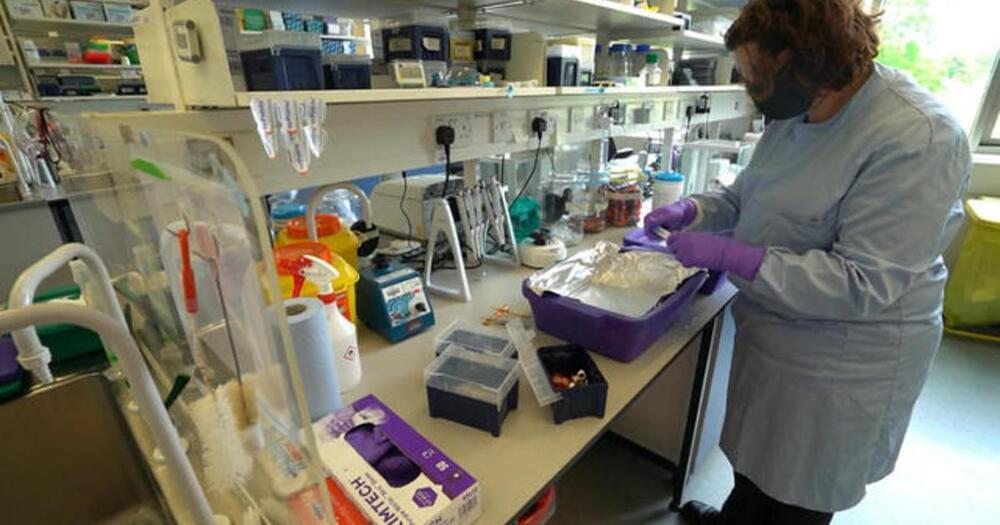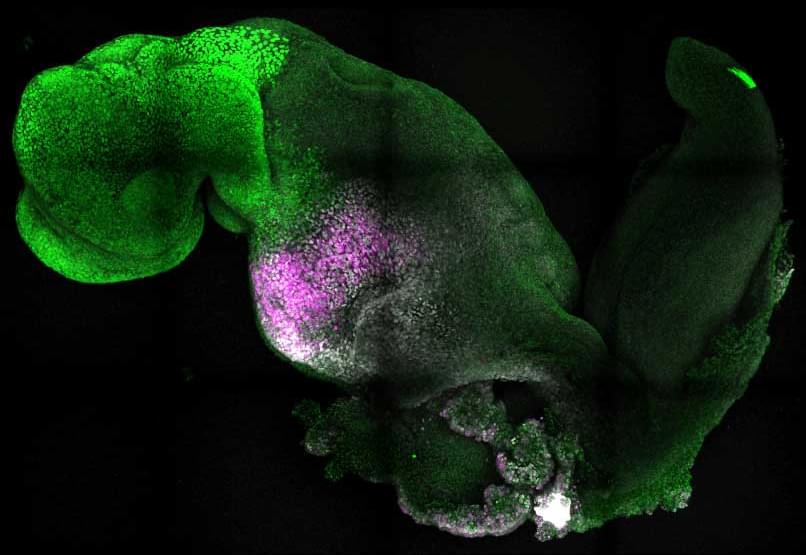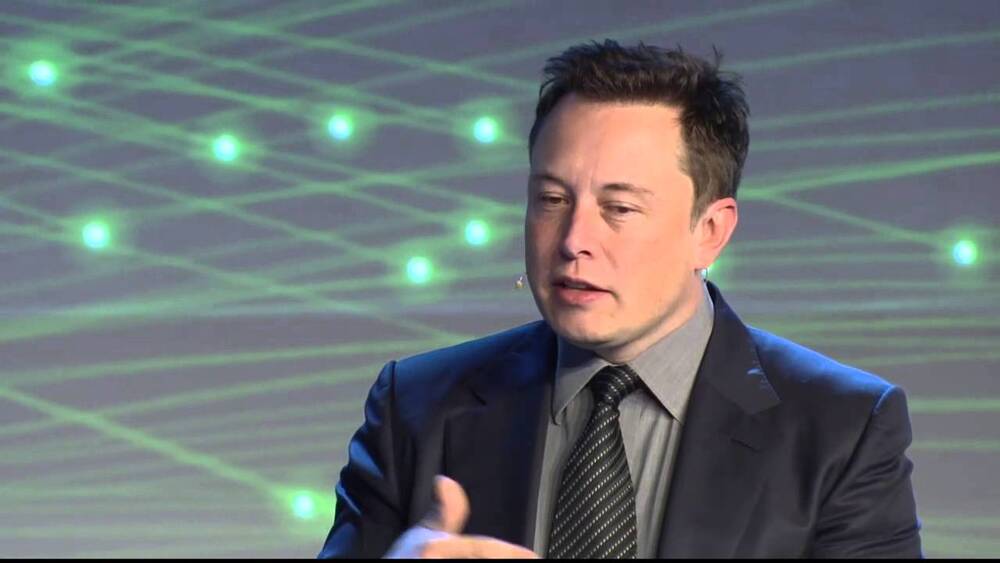Page 4307
Aug 28, 2022
Scientists Grow “Synthetic” Embryo With Brain and Beating Heart — Without Eggs or Sperm
Posted by Dan Breeden in categories: biotech/medical, neuroscience
We have arrived at Aldous Huxleys Brave new world.
Scientists from the University of Cambridge have created model embryos from mouse stem cells that form a brain, a beating heart, and the foundations of all the other organs of the body. It represents a new avenue for recreating the first stages of life.
The team of researchers, led by Professor Magdalena Zernicka-Goetz, developed the embryo model without eggs or sperm. Instead, they used stem cells – the body’s master cells, which can develop into almost any cell type in the body.
Aug 28, 2022
Metformin & Rapamycin Show Combined Benefits in New Study
Posted by Montie Adkins in categories: biotech/medical, life extension
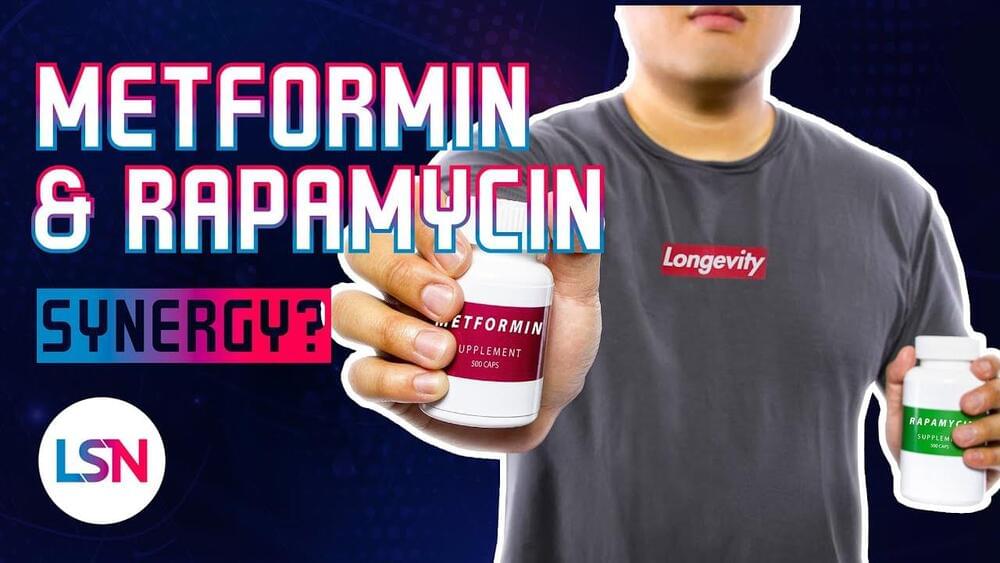
They boost each other and block side effects? (In mice)
Rapamycin and metformin are viewed by many as the two most promising anti-aging drugs, but now scientists have found that these drugs can work hand in hand and show combined benefits, boosting each other’s effectiveness and blocking side effects — or at least that’s what we’ve seen in mice.
Continue reading “Metformin & Rapamycin Show Combined Benefits in New Study” »
Aug 28, 2022
The metaverse doesn’t exist yet, but brands should be preparing for its arrival
Posted by Shubham Ghosh Roy in category: futurism
Brandwidth founder Andrew Strange argues that there are actions brands can take right now to ensure they’re ready to succeed in the (virtual) future.
Aug 28, 2022
Multitasking boron catalyses first aldol reaction from esters
Posted by Shubham Ghosh Roy in category: futurism
Using esters instead of aldehydes offers chemists a completely new retrosynthetic disconnection.
Aug 28, 2022
Epigenetic Tests #1 and 2: Horvath, Hannum, DunedinPACE
Posted by Mike Lustgarten in categories: genetics, life extension
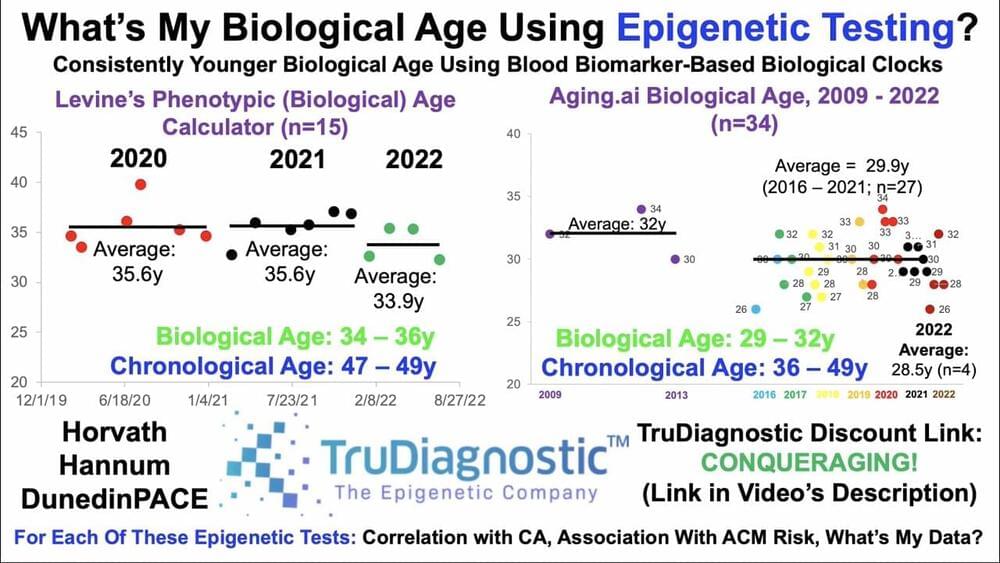
Join us on Patreon!
https://www.patreon.com/MichaelLustgartenPhD
TruDiagnostic Discount Link (Epigenetic Testing)
CONQUERAGING!
https://bit.ly/3Rken0n.
Continue reading “Epigenetic Tests #1 and 2: Horvath, Hannum, DunedinPACE” »
Aug 28, 2022
Inside Tesla’s Innovative And Homegrown “Dojo” AI Supercomputer
Posted by Genevieve Klien in categories: military, nuclear weapons, robotics/AI, space travel, supercomputing
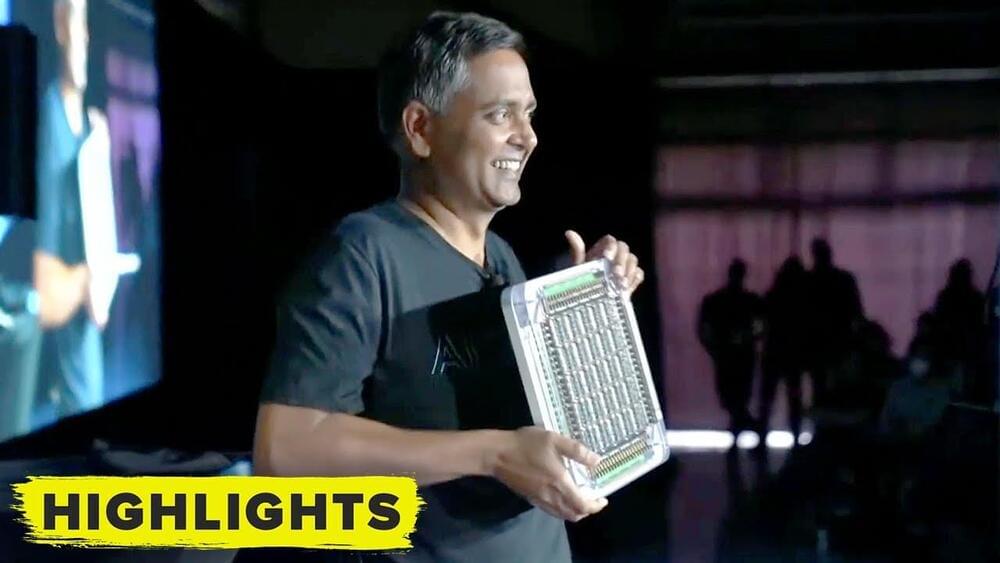
How expensive and difficult does hyperscale-class AI training have to be for a maker of self-driving electric cars to take a side excursion to spend how many hundreds of millions of dollars to go off and create its own AI supercomputer from scratch? And how egotistical and sure would the company’s founder have to be to put together a team that could do it?
Like many questions, when you ask these precisely, they tend to answer themselves. And what is clear is that Elon Musk, founder of both SpaceX and Tesla as well as a co-founder of the OpenAI consortium, doesn’t have time – or money – to waste on science projects.
Continue reading “Inside Tesla’s Innovative And Homegrown ‘Dojo’ AI Supercomputer” »
Aug 28, 2022
Technoking of Tesla Elon Musk to speak at ONS Conference
Posted by Genevieve Klien in categories: Elon Musk, sustainability, transportation
Tesla’s Technoking Elon Musk is scheduled to speak at the ONS 2022 Conference along with a few world leaders and energy company CEOs.
Aug 28, 2022
The mother of all ‘zero-days’ — immortal flaws in semiconductor chips
Posted by Genevieve Klien in categories: business, computing, drones, government, law, military, satellites
The CHIPS Act of 2022 was signed into law on Aug. 9. It provides tens of billions of dollars in public support for revitalization of domestic semiconductor manufacturing, workforce training, and “leap ahead” wireless technology. Because we outsource most of our device fabrication — including the chips that go into the Navy’s submarines and ships, the Army’s jeeps and tanks, military drones and satellites — our industrial base has become weak and shallow. The first order of business for the CHIPS Act is to address a serious deficit in our domestic production capacity.
Notoriously absent from the language of the bill is any mention of chip security. Consequently, the U.S. is about to make the same mistake with microelectronics that we made with digital networks and software applications: Unless and until the government demands in-device security, our competitors will have an easy time of manipulating how chips function and behave. Nowhere is this more dangerous than our national security infrastructure.
